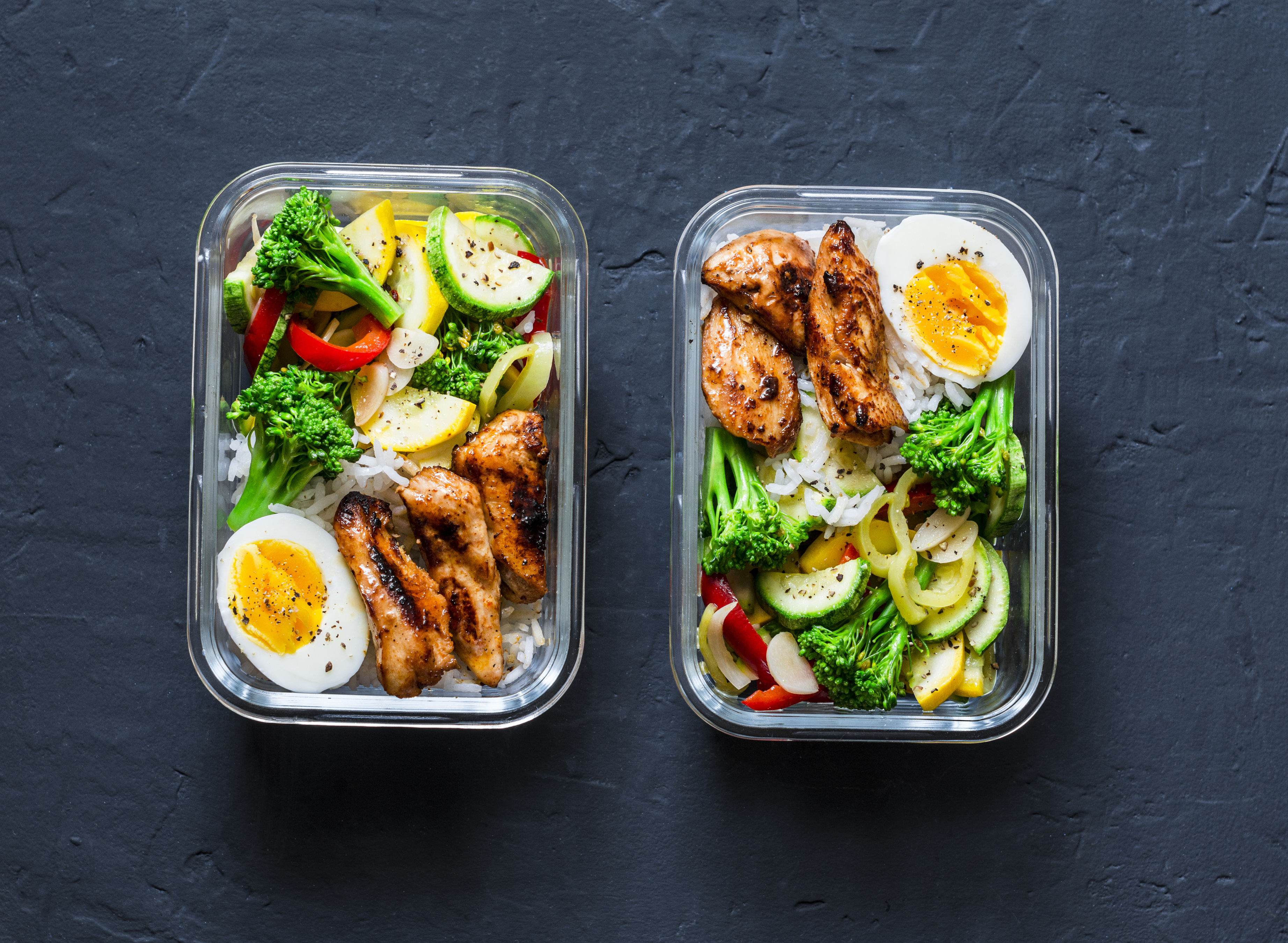Even twins don't get the same results from the same diets, study finds

A free daily email with the biggest news stories of the day – and the best features from TheWeek.com
You are now subscribed
Your newsletter sign-up was successful
As it turns out, there's no such thing as a one-size-fits-all — at least not when it comes to diets.
New research, presented at the American Society of Nutrition conference on Monday, has found that even twins can't reliably expect the same results from following similar diet plans, Time magazine reported. The study, which hasn't been published in a peer-reviewed journal yet, analyzed 1,100 people from the U.S. and U.K., including 240 sets of twins, to see how different foods and eating habits affected them.
What they found goes against the conventional wisdom that "eating healthy" means more or less the same thing for everyone — even twins, whose bodies are almost identical, could experience vastly different effects from eating the same foods on the same schedules. And even the same person might react very differently to "the same meals when they were eaten at different times of day," Time explained. That led the researchers to conclude that "nutrition facts alone cannot predict how a certain food will affect health and weight."
The Week
Escape your echo chamber. Get the facts behind the news, plus analysis from multiple perspectives.

Sign up for The Week's Free Newsletters
From our morning news briefing to a weekly Good News Newsletter, get the best of The Week delivered directly to your inbox.
From our morning news briefing to a weekly Good News Newsletter, get the best of The Week delivered directly to your inbox.
Of course, that doesn't mean we can ignore all of the conventional wisdom — "there are some guidelines and recommendations around the world that near-everybody agrees on," said Tim Spector, one of the researchers involved in the study. Eating fruits and vegetables and getting your daily dose of fibers can be agreed upon as healthy for almost everyone. But on the questions that don't have clear-cut answers — Should you eat breakfast every day? Is fasting a good way to lose weight? — those answers may change from person to person.
Unfortunately, we're not yet at a point where we can give concrete advice to everyone on what diet plan will suit them best. Until we better understand what affects each person's nutrition and health, the diet you choose will most likely be trial and error. But if nothing else, this study proves you don't have to follow every trendy new diet to be healthy.
Read more at Time.
A free daily email with the biggest news stories of the day – and the best features from TheWeek.com
Shivani is the editorial assistant at TheWeek.com and has previously written for StreetEasy and Mic.com. A graduate of the physics and journalism departments at NYU, Shivani currently lives in Brooklyn and spends free time cooking, watching TV, and taking too many selfies.